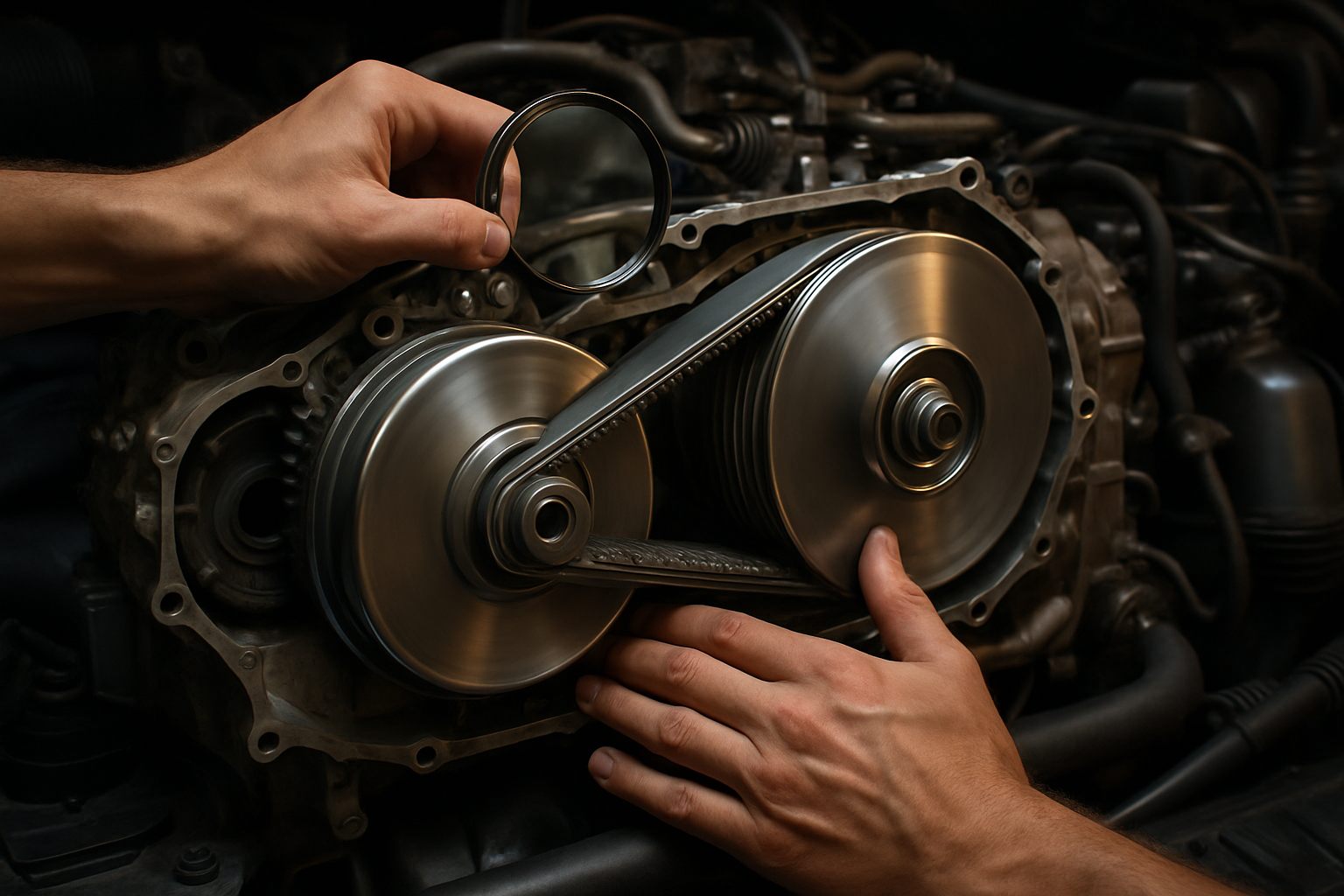Second Hand Alloy Wheels: Advantages, Pricing, and Buying Guide
Alloy wheels are a popular upgrade for many vehicle owners, offering improved aesthetics and performance. However, new alloy wheels can be expensive, leading many to consider second-hand options. This article explores the world of second-hand alloy wheels, discussing their advantages, pricing, where to find them, and important considerations for buyers.

The market for second-hand alloy wheels has grown substantially as vehicle owners seek cost-effective ways to enhance their car’s appearance and performance. Unlike steel wheels, alloy wheels offer improved aesthetics, better heat dissipation, and often reduced weight, making them a popular upgrade choice. The second-hand market provides access to these benefits at a fraction of the cost of new wheels.
What are the advantages of second hand alloy wheels?
Second-hand alloy wheels offer numerous benefits beyond cost savings. They provide immediate availability of discontinued or rare designs that may no longer be manufactured. Many pre-owned wheels retain excellent structural integrity, as alloy wheels are designed to withstand significant stress and wear. Environmental benefits also play a role, as purchasing second-hand wheels reduces manufacturing demand and waste. Additionally, buyers can often find premium brand wheels at accessible prices, allowing access to higher-quality products that might otherwise be unaffordable when new.
How do second hand alloy wheel prices compare to new ones?
Second-hand alloy wheels typically cost 40-70% less than their new counterparts, depending on condition, brand, and rarity. Popular brands like BMW, Audi, or Mercedes-Benz wheels may retain higher values due to demand, while aftermarket brands often depreciate more significantly. Factors affecting pricing include wheel condition, age, size, and whether they’re sold as complete sets or individual pieces. Seasonal demand also influences prices, with higher costs during spring and summer months when wheel upgrades are more common.
Where to buy second hand alloy wheels?
Several reliable sources exist for purchasing second-hand alloy wheels. Online marketplaces like eBay, Facebook Marketplace, and Gumtree offer extensive selections with varying price ranges. Specialist wheel retailers often stock quality second-hand options with some warranty coverage. Salvage yards and breakers’ yards provide cost-effective alternatives, particularly for OEM wheels. Car forums and enthusiast groups frequently feature members selling wheels, often with detailed maintenance histories. Local classified advertisements and car boot sales can yield unexpected finds at competitive prices.
| Wheel Type | Source | Price Range (Set of 4) |
|---|---|---|
| 16” Alloy Wheels | Online Marketplaces | £200-£600 |
| 17” Premium Brand | Specialist Retailers | £400-£1,200 |
| 18” Performance Wheels | Salvage Yards | £300-£800 |
| 19”+ Luxury Wheels | Enthusiast Forums | £600-£2,000 |
Prices, rates, or cost estimates mentioned in this article are based on the latest available information but may change over time. Independent research is advised before making financial decisions.
How to find the right price for second hand alloy wheels?
Researching current market values requires checking multiple sources and comparing similar products. Online price comparison tools and completed auction listings provide realistic market benchmarks. Consider the wheel’s original retail price and typical depreciation rates for the specific brand and model. Factor in additional costs such as refurbishment, new tyres, or balancing services. Negotiate based on visible wear, minor damage, or missing components like centre caps or locking nuts. Seasonal timing can affect negotiations, with better deals often available during winter months when demand decreases.
What should you consider when buying second hand alloy wheels?
Thorough inspection is crucial before purchasing second-hand alloy wheels. Check for cracks, especially around spoke joints and rim edges, as these indicate structural weakness. Examine the wheel face for deep scratches, kerb damage, or corrosion that might affect appearance or integrity. Verify correct fitment specifications including diameter, width, offset, and bolt pattern to ensure compatibility with your vehicle. Request maintenance history if available, particularly regarding any repairs or refurbishment work. Consider the cost of necessary repairs or cosmetic improvements when calculating total investment.
Second-hand alloy wheels represent an excellent opportunity to enhance your vehicle’s appearance and performance while maintaining budget consciousness. Success in this market requires careful research, thorough inspection, and realistic pricing expectations. By understanding the advantages, knowing where to look, and recognising quality indicators, buyers can secure excellent wheels that provide years of reliable service. The key lies in balancing cost savings with quality assurance, ensuring that your investment delivers both immediate satisfaction and long-term value.




